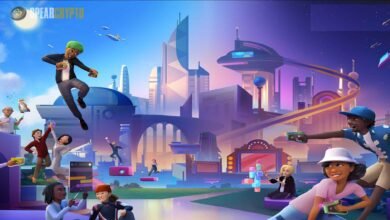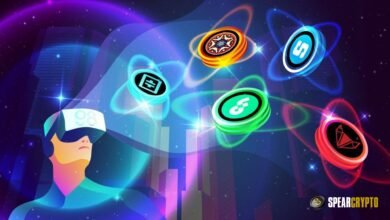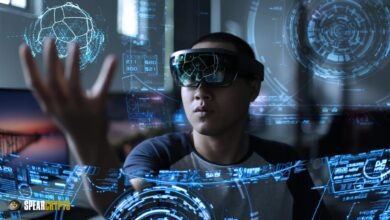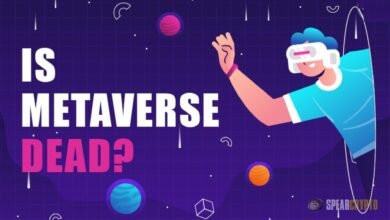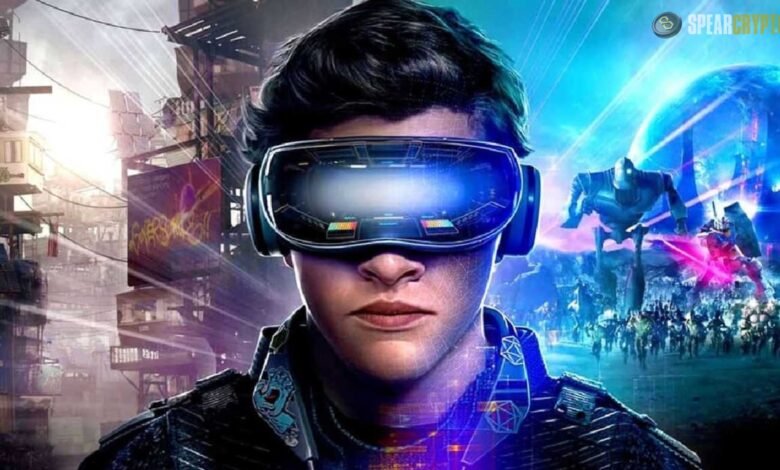
Best Metaverse Movies: The concept of the metaverse—a collective virtual shared space that includes augmented reality, virtual reality, and other immersive digital experiences—has rapidly evolved from a niche idea into a mainstream fascination. As technology advances, filmmakers have increasingly explored the possibilities and dangers of virtual worlds in cinema. This article looks at some of the best movies that delve into the metaverse, offering thought-provoking narratives and visual spectacles that capture the imagination.
The Matrix (1999): One of the Best Metaverse Movies
It’s impossible to discuss metaverse movies without mentioning The Matrix. Directed by the Wachowskis, this film is a cornerstone of science fiction and metaverse narratives. The story follows Neo (Keanu Reeves), a hacker who discovers that reality as he knows it is a simulated construct designed to subdue the human population. At the same time, their bodies are used as an energy source. With its groundbreaking special effects, including the famous “bullet time,” and philosophical undertones exploring the nature of reality, The Matrix remains a defining film in the genre.
The Matrix’s impact on popular culture profoundly influences everything from fashion to technology. The film’s exploration of a simulated reality questions the boundaries between the real and the virtual, a theme that continues to resonate in the internet and virtual reality age.
Ready Player One (2018)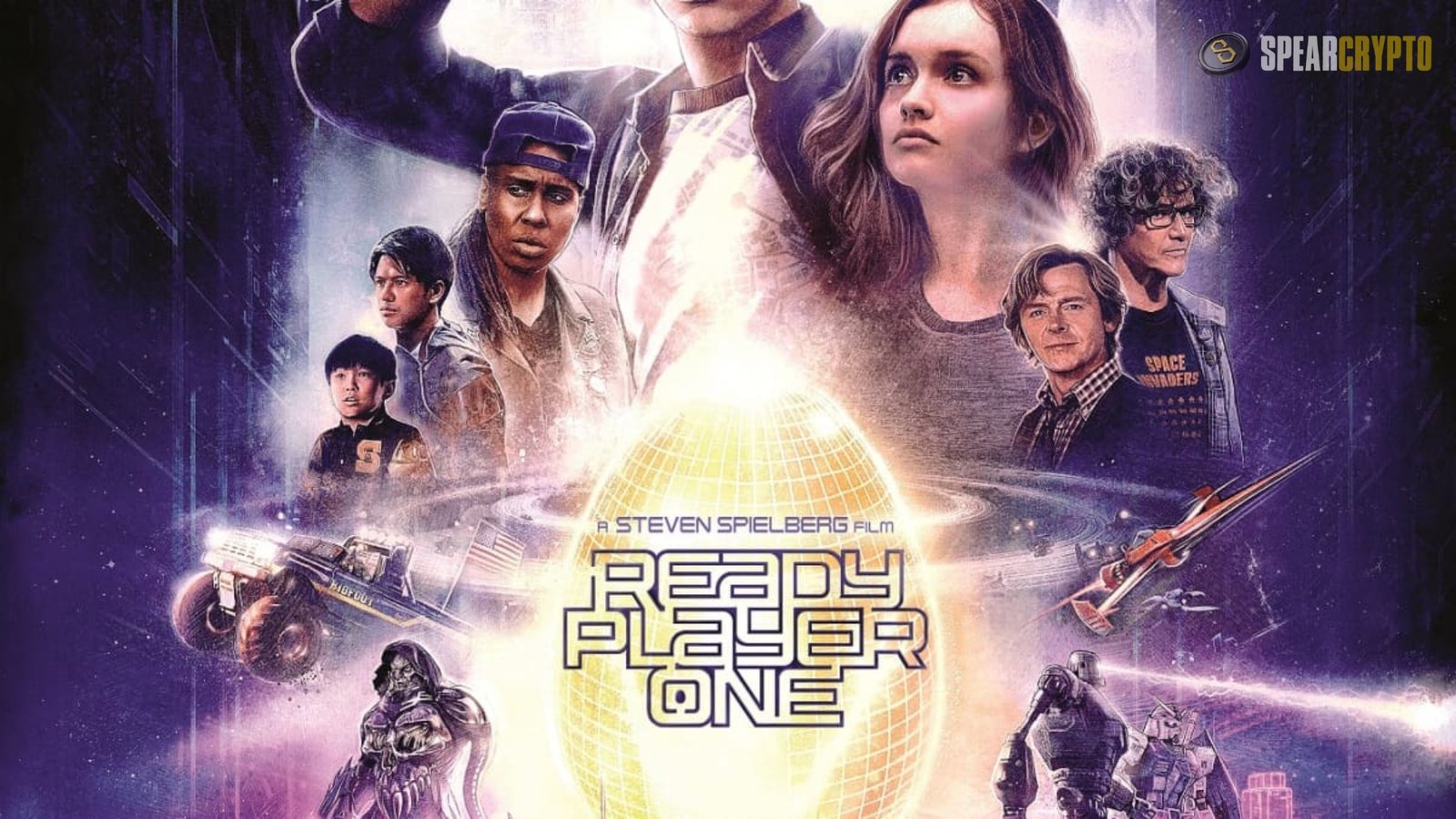
Directed by Steven Spielberg and based on Ernest Cline’s novel, Ready Player One is a vibrant and thrilling dive into a virtual world known as the OASIS. In this dystopian future, the OASIS offers an escape from the harsh realities of life. The film follows Wade Watts (Tye Sheridan) as he embarks on a quest to find an Easter egg hidden within the OASIS by its creator, a challenge that promises vast wealth and control of the virtual world.
Ready Player One is packed with pop culture references, making it a nostalgic trip for viewers familiar with 80s and 90s media. Beyond its action-packed sequences and stunning CGI, the film poses essential questions about the value of reality versus virtual experiences and the potential consequences of living in a world dominated by a single corporation.
Tron (1982)
Tron is one of the earliest films to explore the concept of a digital world. Directed by Steven Lisberger, the movie follows Kevin Flynn (Jeff Bridges), a computer programmer who gets sucked into a digital universe inside a mainframe computer. Inside this virtual world, known as the Grid, Flynn must navigate a series of challenges to escape.
Though the visual effects of Tron may seem dated by today’s standards, the film was revolutionary at the time of its release. Tron was one of the first movies to use computer-generated imagery (CGI) extensively, and its innovative visual style set the stage for future explorations of virtual reality in cinema. The film’s legacy was later continued with Tron: Legacy (2010), further developing the digital world’s story and aesthetics.
Inception (2010)
Christopher Nolan’s Inception may not feature a traditional metaverse, but its exploration of dream worlds and layers of reality makes it a significant entry in this list. The film follows Dom Cobb (Leonardo DiCaprio), a skilled thief specializing in extracting secrets from within the subconscious during the dream state. The plot thickens as Cobb is hired to perform an inception—planting an idea in someone’s mind without realizing it.
The concept of shared dreams in Inception parallels the idea of a shared virtual space where individuals can interact with one another within a constructed reality. Nolan’s masterful direction and the film’s intricate plot structure, combined with stunning visual effects, create an experience that leaves viewers questioning the nature of reality and the power of the mind.
Ghost in the Shell (1995)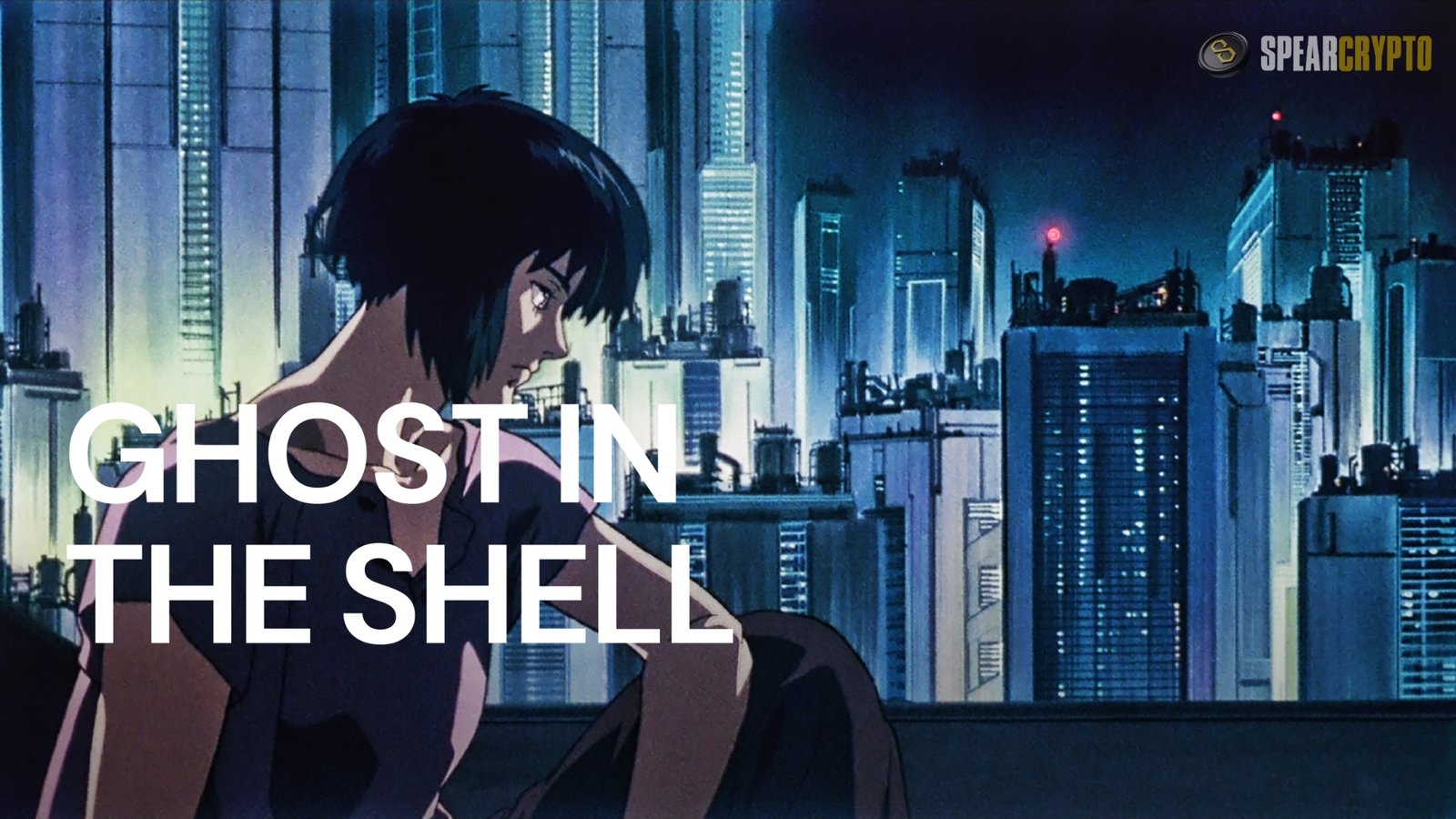
This Japanese animated film, directed by Mamoru Oshii and based on the manga by Masamune Shirow, is a seminal work in the cyberpunk genre and a profound exploration of the intersection between humanity and technology. Ghost in the Shell is set in a future where cybernetic enhancements are commonplace, and the lines between human consciousness and artificial intelligence blur.
The protagonist, Major Motoko Kusanagi, is a cyborg working for a special government task force that deals with cybercrime. Throughout the film, she grapples with existential questions about her identity and being human. The film’s depiction of a world where minds can connect to networks and bodies can be replaced with synthetic parts resonates powerfully with contemporary discussions about AI’s future and the metaverse’s potential.
Ghost in the Shell has inspired countless other works, including The Matrix, and its influence on the portrayal of digital worlds and artificial intelligence in cinema cannot be overstated.
Avatar (2009)
James Cameron’s Avatar is a masterpiece that transports viewers to Pandora’s lush, alien world. The film follows Jake Sully (Sam Worthington), a paraplegic former Marine who is allowed to inhabit a genetically engineered body or avatar that will enable him to live among the Indigenous Na’vi people of Pandora. As he becomes more immersed in this new world, he finds himself torn between his duties to the human colonizers and his growing connection to the Na’vi and their way of life.
Avatar explores themes of identity, environmentalism, and the ethical implications of technological advancements. Using avatars to enter and interact with a different world parallels the metaverse concept, where users can adopt new identities and experience alternate realities. Cameron’s groundbreaking use of 3D technology and motion capture made Avatar a landmark in cinematic history, and its themes continue to resonate as discussions around virtual reality and immersive experiences evolve.
Wreck-It Ralph (2012)
While primarily a family-friendly animated film, Wreck-It Ralph offers a unique and charming exploration of life inside a video game world. Directed by Rich Moore, the movie follows Ralph (voiced by John C. Reilly), a video game villain who is tired of being the bad guy and sets out on a journey to prove he can be a hero. Along the way, he encounters various characters from different games, each with unique worlds and challenges.
Wreck-It Ralph celebrates video game culture, referencing classic and modern games. The film’s depiction of a vibrant, interconnected virtual world where characters have lives outside of their programmed roles is a playful take on the metaverse concept. Its sequel, Ralph Breaks the Internet (2018), expands on this idea by exploring the vastness of the Internet as a virtual world.
Black Mirror: Bandersnatch (2018)
Bandersnatch, a unique interactive film from the anthology series Black Mirror, directed by David Slade, pushes the boundaries of traditional storytelling by allowing viewers to make choices that affect the narrative. The story revolves around a young programmer named Stefan (Fionn Whitehead), who is adapting a choose-your-own-adventure book into a video game. As he delves deeper into the project, the lines between reality, fiction, and his choices blur.
While not a conventional film, Bandersnatch offers a metaverse-like experience where the viewer’s decisions influence the story, creating a personalized narrative. This interactive element reflects the growing trend of user-driven content in digital spaces and the evolving nature of storytelling in the age of the metaverse.
Alita: Battle Angel (2019)
Produced by James Cameron and directed by Robert Rodriguez, Alita: Battle Angel is based on the manga series Gunnm by Yukito Kishiro. The film is set in a dystopian future where cyborgs and humans coexist. The story follows Alita (Rosa Salazar), a cyborg with no memory of her past, who embarks on a journey of self-discovery while battling powerful enemies in the dangerous city of Iron City.
Alita: Battle Angel explores themes of identity, memory, and technology integration with the human body, central to the metaverse concept. The film’s stunning visual effects and action sequences bring the world of Iron City to life, offering a glimpse into a future where the lines between humans and machines are increasingly blurred.
Sword Art Online: The Movie – Ordinal Scale (2017)
Based on the popular anime series Sword Art Online, this film, directed by Tomohiko Itō, continues the story of characters who once found themselves trapped in a virtual reality MMORPG. In Ordinal Scale, a new augmented reality device called the Augma is introduced, which allows players to participate in a new game that blends the real world with digital elements. However, as the game grows in popularity, strange incidents occur, leading the protagonists to uncover a dark conspiracy.
Sword Art Online: The Movie – Ordinal Scale explores the implications of augmented reality, a vital component of the metaverse. The film delves into the dangers of blurring the lines between the real and virtual worlds, an increasingly relevant theme as AR technology advances.
Conclusion
As a concept, the metaverse has fascinated filmmakers for decades, inspiring a diverse range of movies exploring virtual worlds’ possibilities and dangers. From the philosophical questions raised by The Matrix and Ghost in the Shell to the vibrant and immersive experiences of Ready Player One and Avatar, these films offer a window into our evolving relationship with technology and digital realities.
As we continue to move towards a future where the metaverse becomes more integrated into our daily lives, these movies reflect our current technological landscape and a cautionary tale of the potential consequences of losing ourselves in virtual worlds. Whether through the lens of action, drama, or animation, the best metaverse movies challenge us to think critically about the nature of reality and the impact of technology on our identities and society.

